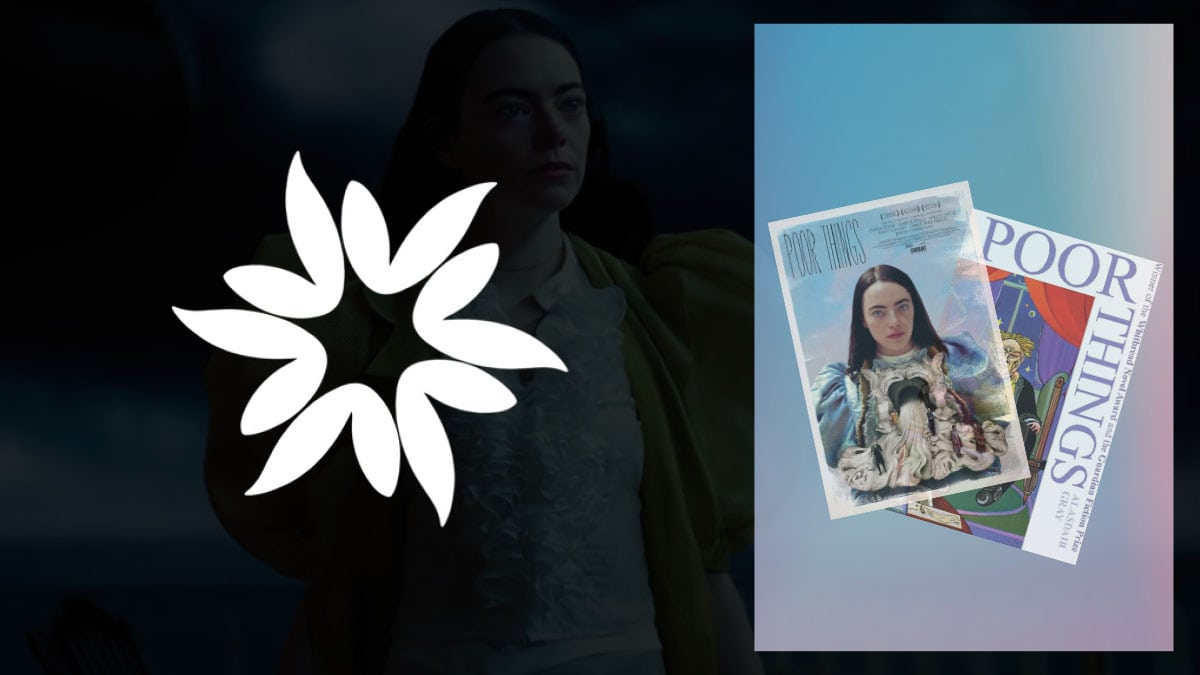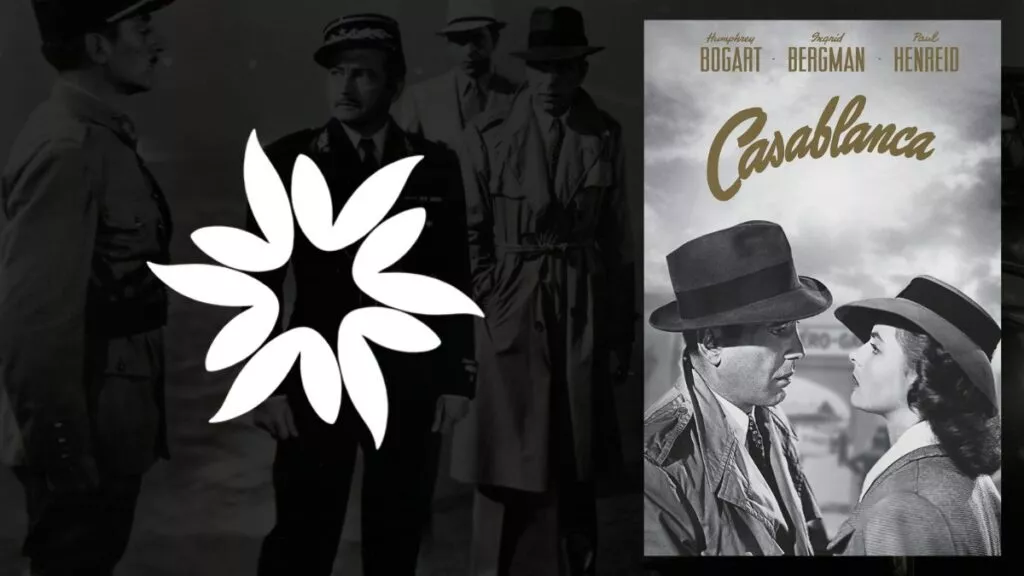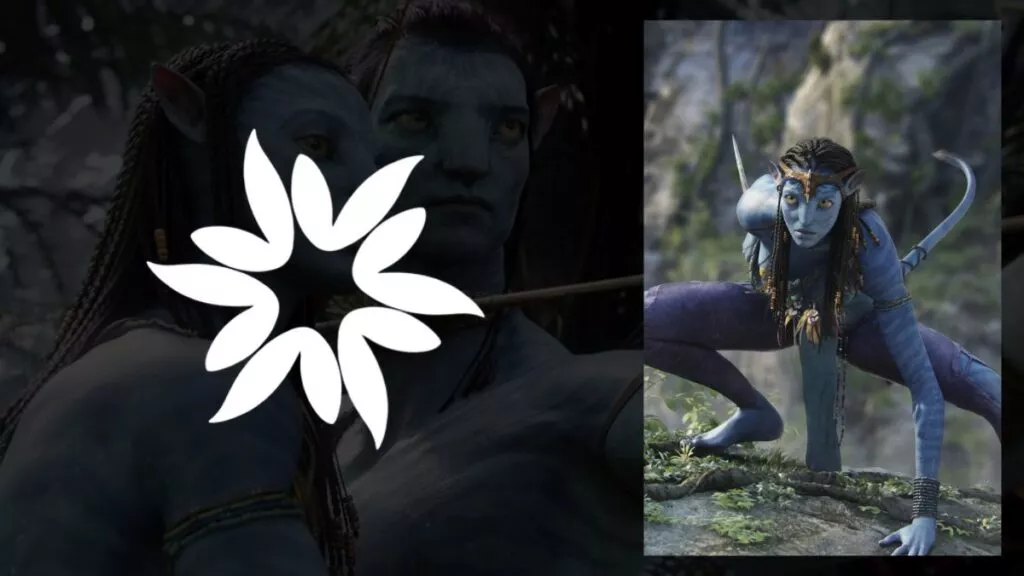The “Poor Things” film adaptation diverges from its complex book by altering the narrative structure, character dynamics, and ending, focusing on character agency and a lighter tone amidst dark themes.
Key Takeaways
- The film adaptation diverges significantly from the book's dark and complex narrative, especially towards its conclusion.
- Bella's character in the film is given more agency, contrasting with her portrayal in the book.
- The adaptation process involved close collaboration between director Yorgos Lanthimos and author Alasdair Gray, ensuring a balance between the original's spirit and the film's unique vision.
Differences Between “Poor Things” Film and Its Chaotic Book Origin
The adaptation of Alasdair Gray’s “Poor Things” into a film directed by Yorgos Lanthimos has stirred excitement and curiosity. The film, starring Emma Stone, Mark Ruffalo, and Willem Dafoe, takes creative liberties to transform the novel’s complex narrative into a cinematic experience.
The Novel’s Structure vs. Film’s Narrative Approach
Alasdair Gray’s “Poor Things” is a novel celebrated for its unconventional structure, consisting of letters, journal entries, footnotes, and various documents, creating a richly layered and chaotic narrative. The film adaptation, however, streamlined this complexity into a more straightforward narrative focusing on the character of Bella Baxter, played by Emma Stone, and her journey of self-discovery and independence.
Key Differences Highlighted
The Film’s Altered Ending
A remarkable divergence from the book is the film’s ending. In the novel, Bella’s past catches up with her in a grim reunion with her abusive husband during her wedding, which leads her back to her old life under distressing circumstances. The film’s writers, seeking to avoid the novel’s darker tones, chose a different path. They gave Bella agency over her decisions, allowing her to confront and explore her past life with her husband Alfie, portrayed by Christopher Abbott, on her terms. This change aimed to maintain the film’s lighter, comedic tone while exploring deeper emotional themes.
Character Development and Agency
The adaptation enhances Bella’s character, making her more autonomous and fearless. Unlike in the book, where her return to her previous life is not a choice, the film empowers Bella to decide to learn about her past actively. This decision leads to a humorous yet dark exploration of her life with Alfie, incorporating an odd and funny element through a servant uprising, which was not present in the original narrative.
Production Insights
The film’s production journey began as early as 2009, with Lanthimos expressing a long-standing interest in adapting Gray’s novel. The development process saw Lanthimos and Emma Stone, who also served as a producer, revisiting the project after the success of “The Favourite.” Their collaborative effort aimed to retain the essence of Gray’s story while making it accessible to a wider audience. The casting of Stone as Bella and the inclusion of actors like Dafoe and Ruffalo added depth and diversity to the cinematic version.
Ultimately, the transformation of “Poor Things” from book to film illustrates the creative challenges and decisions in adapting a complex literary work. By focusing on character agency, altering the narrative’s tone, and streamlining the story, Lanthimos and his team have crafted a film that pays homage to Gray’s original work while providing a fresh, engaging perspective. This adaptation highlights the vast differences between the two mediums and showcases the power of storytelling through film.








